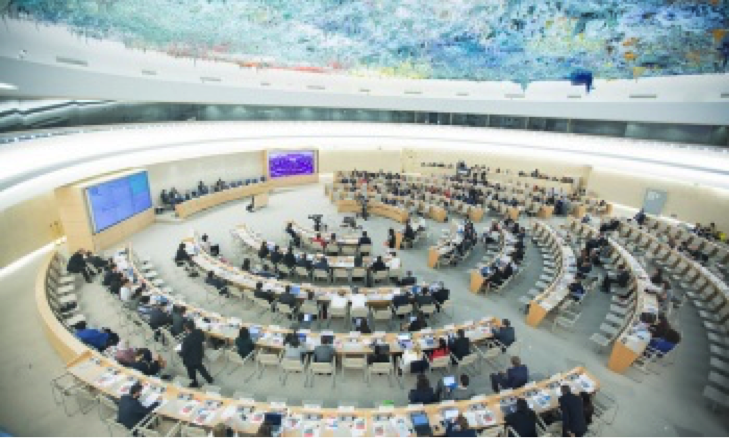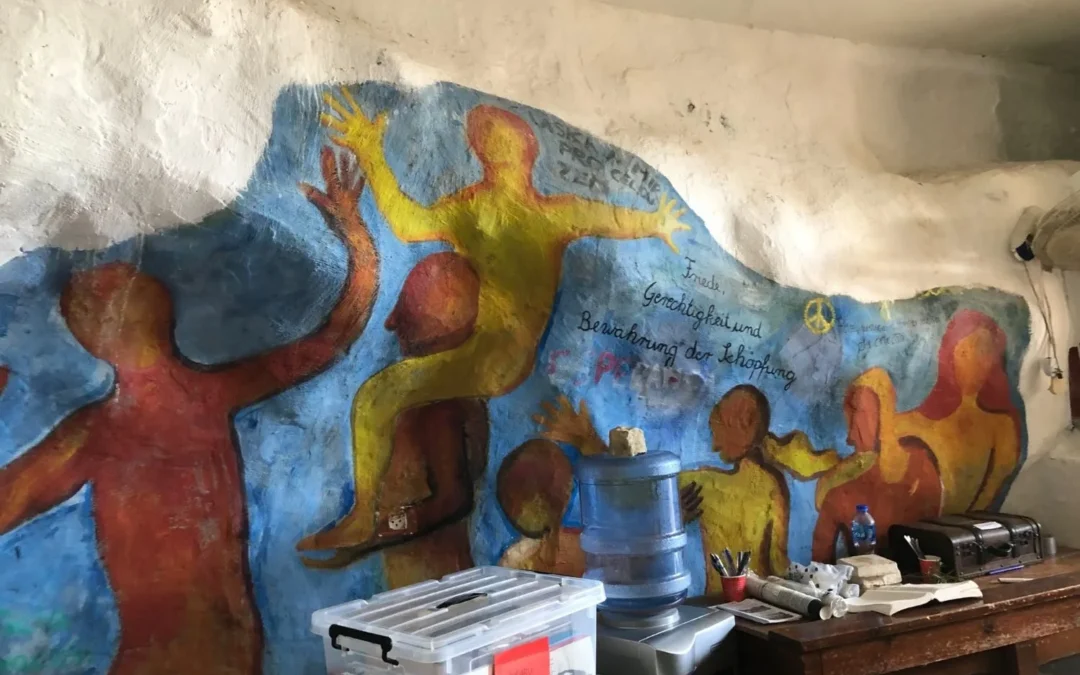In September, QUNO delivered a statement during the 39th Regular Session of the Human Rights Council, calling for a shift in mindset and practice to improve prevention through the Universal Periodic Review (UPR) process. As human rights violations are often at the root of destructive conflict, the UPR constitutes an important entry point to collaboratively address violations, that if left unaddressed, could lead to violent conflict. However, the lack of participation by peacebuilders throughout the process as well as concerns about the motives of closer coordination across silos undermines the effectiveness of the UPR to sustain peace. The full text of the statement is available below.

QUNO Geneva Welcomes Two New Programme Representatives
We are delighted to welcome two new colleagues to QUNO Geneva, strengthening our work across human rights, peace, and disarmament.Lucy Richardson joined QUNO as Human Rights and Refugees Representative in January 2026, working to strengthen the promotion and...






